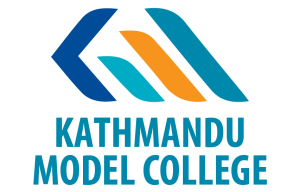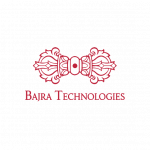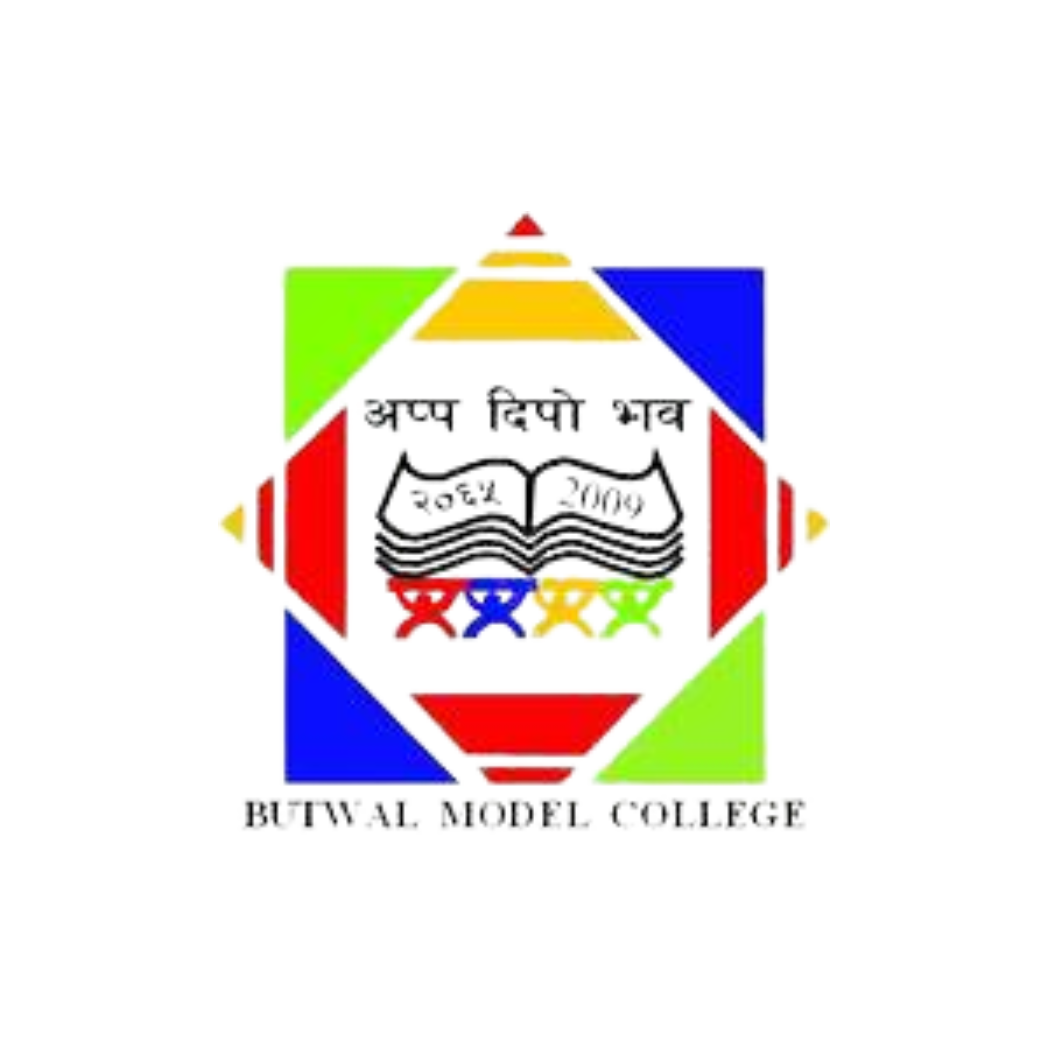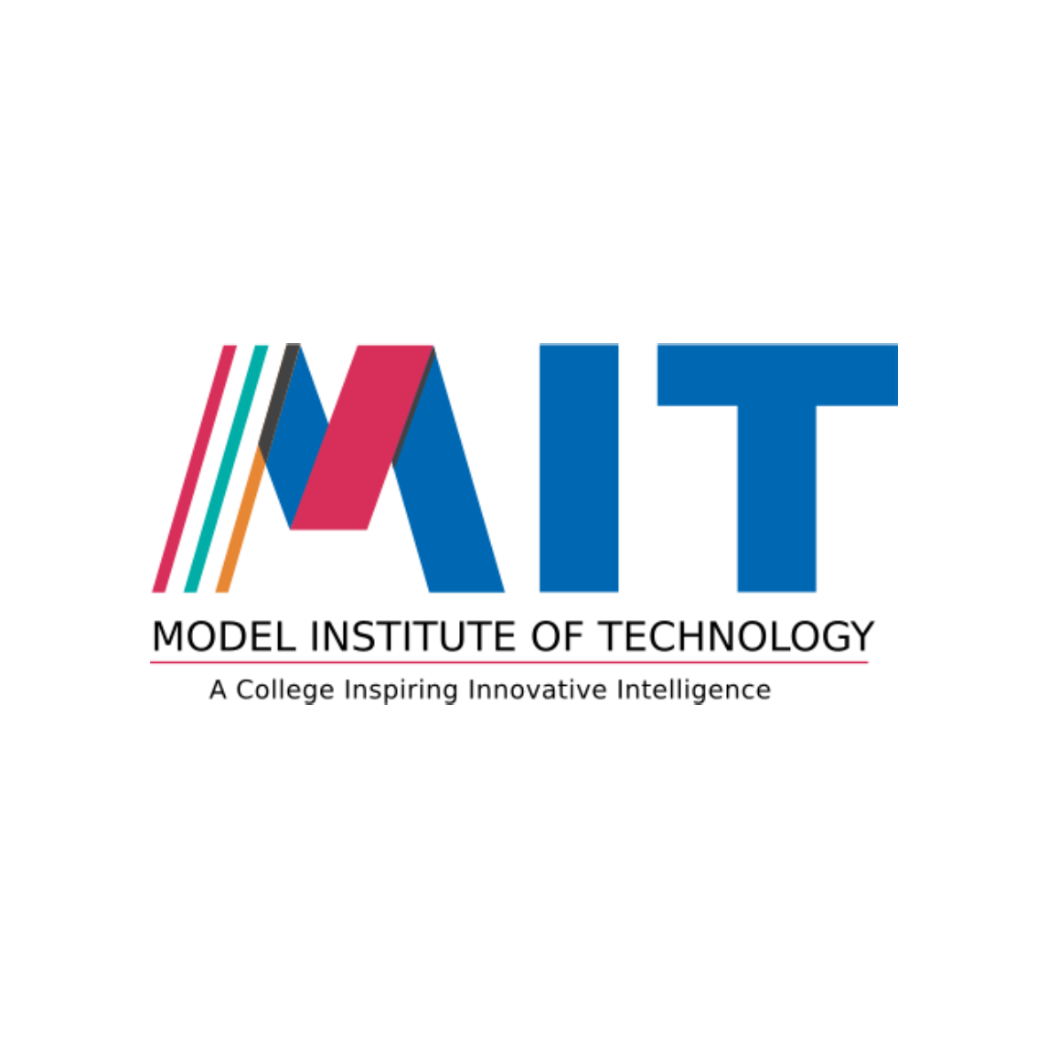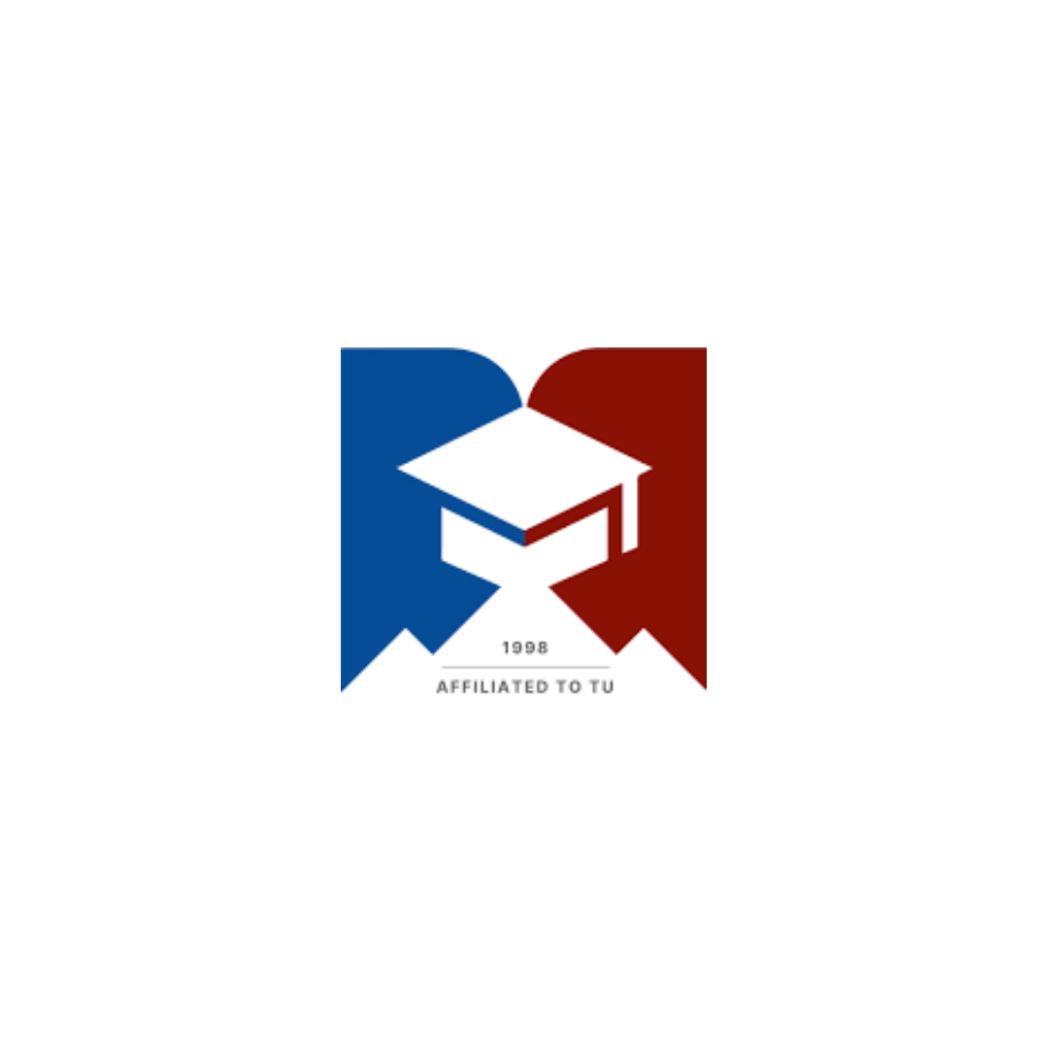
How a BCA Degree Opens Doors to a Growing Tech Career?
A Bachelor of Computer Applications (BCA) degree is a gateway to a thriving career in the tech industry, offering a blend of theoretical knowledge and practical skills tailored to meet the demands of the modern workforce.
This degree equips students with the tools necessary to excel in various roles, from software development to data analysis, making it a versatile choice for those looking to embark on a technology-driven career path.
The BCA degree is designed to provide a solid foundation in computer science, programming, and IT infrastructure, preparing students to tackle the challenges of the tech industry.
Whether you are interested in coding, network management, or software development, the BCA program offers a comprehensive curriculum that covers all these areas and more. In Nepal, the demand for IT professionals is growing, and a BCA degree from a reputable institution like Kathmandu Model College (KMC) can set you on the path to success.

Here at Kathmandu Model College, the BCA program is crafted to align with industry needs, ensuring that graduates are not only knowledgeable but also job-ready. With a focus on hands-on learning, students gain practical experience through projects, internships, and collaborations with tech companies. This practical approach, combined with a strong academic foundation, makes the BCA degree a powerful tool for anyone looking to build a successful tech career.
What Does the BCA Course in Nepal Include?
Application and software development are the main areas of study for the four-year Bachelor of Computer Application (BCA) degree in Nepal. Although the emphasis is mostly on programming, core computer courses are similar.
The BCA course in Nepal is structured to provide a balanced mix of theoretical knowledge and practical application. The program typically spans four years and is divided into eight semesters. Each semester is designed to build upon the knowledge acquired in the previous one, allowing students to gradually deepen their understanding of complex concepts in computer science and information technology.
The curriculum of the BCA course in Nepal includes a variety of subjects such as programming languages (like C, C++ and Java), database management, web development, software engineering, and networking. These subjects are carefully selected to ensure that students are well-prepared for the diverse challenges they will face in the tech industry. In addition to that, the course includes modules on mathematics and statistics, which are essential for developing analytical and problem-solving skills.
What are The Requirements To Get A BCA Degree?
Enrolling in a BCA program requires certain academic qualifications and skills that are essential for success in the field of computer applications. In Nepal, the basic requirement for admission into a BCA program is the completion of higher secondary education (10+2) with a focus on science, management, or humanities. However, students with a background in science, particularly in mathematics or computer science, may find it easier to grasp the technical aspects of the course.
To enroll in a BCA program, students must meet specific academic requirements. These include the following criteria:
- Minimum D* grade in each subject of grades 11 and 12 with a CGPA of 1.8 or more.
- Minimum second division marks in 10+2, PCL, or equivalent in any discipline.
- Students awaiting grade 12 results after completing grade 11 are also eligible to apply.
Aside from academic qualifications, some certain skills and traits can greatly benefit students pursuing a BCA degree. Analytical thinking, problem-solving abilities, and a keen interest in technology are crucial for success in this field.
How a BCA Degree Opens Doors to a Growing Tech Career?
1. Comprehensive Understanding of Computer Applications
A BCA (Bachelor of Computer Applications) degree provides students with a solid foundation in computer applications, covering everything from programming languages to database management. This deep knowledge makes graduates valuable to any organization that relies on technology.
2. High Demand for Tech Professionals
As technology continues to play a crucial role in every industry, there’s a growing need for professionals who specialize in areas like software development, network management, data analysis, and cybersecurity. BCA graduates are well-prepared to meet this demand because their education covers these key areas.
3. Versatile Career Opportunities
One of the biggest advantages of a BCA degree is the variety of career paths it opens up. Graduates aren’t confined to just one role; they can choose to work in software development, IT management, data analysis, and more. This flexibility allows them to pursue careers that align with their interests and strengths.
4. Foundation for Thriving in the Tech Industry
Whether it’s creating innovative software, managing complex IT systems, or using data to drive business decisions, a BCA degree equips graduates with the essential skills needed to succeed in these roles. The degree acts as a strong foundation, allowing them to build expertise and thrive in the tech industry.
5. Adaptability to Industry Changes
The tech industry is always evolving, with new technologies and trends emerging all the time. BCA graduates, thanks to their strong technical background and problem-solving abilities, are well-equipped to adapt to these changes. Their adaptability makes them highly desirable to employers who need professionals capable of staying ahead in a fast-paced environment.
What Are The Career Opportunities with a BCA Degree?
The career opportunities for BCA graduates are vast and varied, reflecting the broad skill set they acquire during their studies. Common career paths include roles such as software developer, system analyst, network administrator, web developer, and database manager. These positions are integral to the functioning of any organization that relies on technology, which, in today’s world, includes almost every sector.
In addition to these traditional roles, emerging tech fields are creating new opportunities for BCA graduates. For example, the rise of artificial intelligence, data science, and cybersecurity has led to a demand for professionals with specialized knowledge in these areas. BCA graduates who pursue additional training or certifications in these fields can position themselves as experts in high-demand areas, further enhancing their career prospects.
The rapid growth of the tech industry is creating a wealth of job opportunities for BCA graduates, particularly in sectors such as finance, healthcare, and e-commerce. As businesses in these sectors continue to expand their digital capabilities, the demand for skilled IT professionals is expected to rise, making a BCA degree a valuable asset for those looking to build a successful career in tech.
Jobs That You Can Get After Achieving A BCA Degree?
A Bachelor of Computer Applications (BCA) degree equips graduates with the technical skills and knowledge needed to excel in various roles within the tech industry. Beyond traditional IT positions, BCA graduates can explore careers in emerging fields like artificial intelligence, cloud computing, and mobile app development.
Jobs | Details |
Specific Job Titles and Roles | Jobs include software engineer, IT consultant, systems developer, and technical support specialist. |
Role Responsibilities | – Software Engineer: Designs and develops software solutions. – IT Consultant: Advises businesses on optimizing technology use. – Systems Developer: Focuses on creating and maintaining computer systems. – Technical Support Specialist: Provides support and troubleshooting for IT systems. |
Industry Demand and Salaries | The competitive salaries for BCA graduates in Nepal range from NPR 300,000 to NPR 500,000 per year for entry-level positions. Specializing in areas like data science or cybersecurity can lead to higher salaries. |
Job Satisfaction and Global Opportunities | BCA graduates are drawn to tech careers due to job satisfaction, including working on innovative projects and solving complex problems. The global nature of the tech industry also provides opportunities to work for international companies. |
Developing Essential Skills for Tech Careers
A BCA degree not only provides technical knowledge but also helps students develop essential skills that are critical for success in the tech industry. These skills include programming, problem-solving, analytical thinking, and the ability to work collaboratively on projects. Through the BCA program, students gain proficiency in various programming languages, which are the building blocks of software development.
The BCA curriculum emphasizes the importance of logical thinking and problem-solving. Students are trained to approach complex problems methodically, breaking them down into manageable parts and developing solutions that are both efficient and effective. This skill is particularly valuable in the tech industry, where professionals are often required to troubleshoot issues and optimize systems.
Teamwork and communication are also key components of the BCA program. Many tech projects require collaboration between different teams and departments, making it essential for professionals to work well with others and communicate their ideas clearly. The BCA program at Kathmandu Model College encourages group projects and team-based assignments, helping students develop these interpersonal skills.
Why Study BCA at Kathmandu Model College?
Kathmandu Model College (KMC) is a leading institution for BCA studies in Nepal, known for its commitment to academic excellence and student success. The college offers a well-rounded BCA program that combines rigorous academic training with practical experience, ensuring that graduates are well-prepared for the challenges of the tech industry.
One of the key reasons to choose KMC for your BCA studies is the college’s strong industry connections. KMC has established partnerships with leading tech companies, providing students with opportunities for internships, projects, and job placements. These connections also ensure that the BCA curriculum is aligned with industry needs, giving students a competitive edge in the job market.
Additionally, KMC offers a supportive learning environment with experienced faculty, state-of-the-art facilities, and a focus on student development. The college’s commitment to nurturing talent and fostering innovation makes it an ideal choice for anyone looking to build a successful career in tech.
Frequently Asked Questions (FAQs)
Yes, after completing a BCA degree, you can pursue higher education options like MCA (Master of Computer Applications), MBA (Master of Business Administration), or specialized certifications in areas such as data science, artificial intelligence, or cybersecurity.
While prior programming experience is not mandatory, having a basic understanding of computers and programming languages can be beneficial. Most BCA programs, including the one at KMC, start with foundational courses to help students build the necessary skills.
A BCA degree provides a strong foundation in computer applications, which is in demand globally. With additional certifications or higher education, BCA graduates can qualify for international roles, especially in countries with booming tech industries like the USA, Canada, and Australia.
In Nepal, BCA graduates have numerous opportunities in the growing IT sector, particularly in software development, web development, and network management. However, international job prospects may offer higher salaries and more diverse roles, especially in countries with advanced tech industries.
Kathmandu Model College supports BCA students by offering internships, collaborative projects with tech companies, and industry-oriented workshops. These opportunities help students gain practical experience and make valuable industry connections.
KMC offers various extracurricular activities, including coding competitions, tech clubs, and seminars with industry experts. These activities are designed to enhance students’ technical skills, foster innovation, and build a strong professional network.
